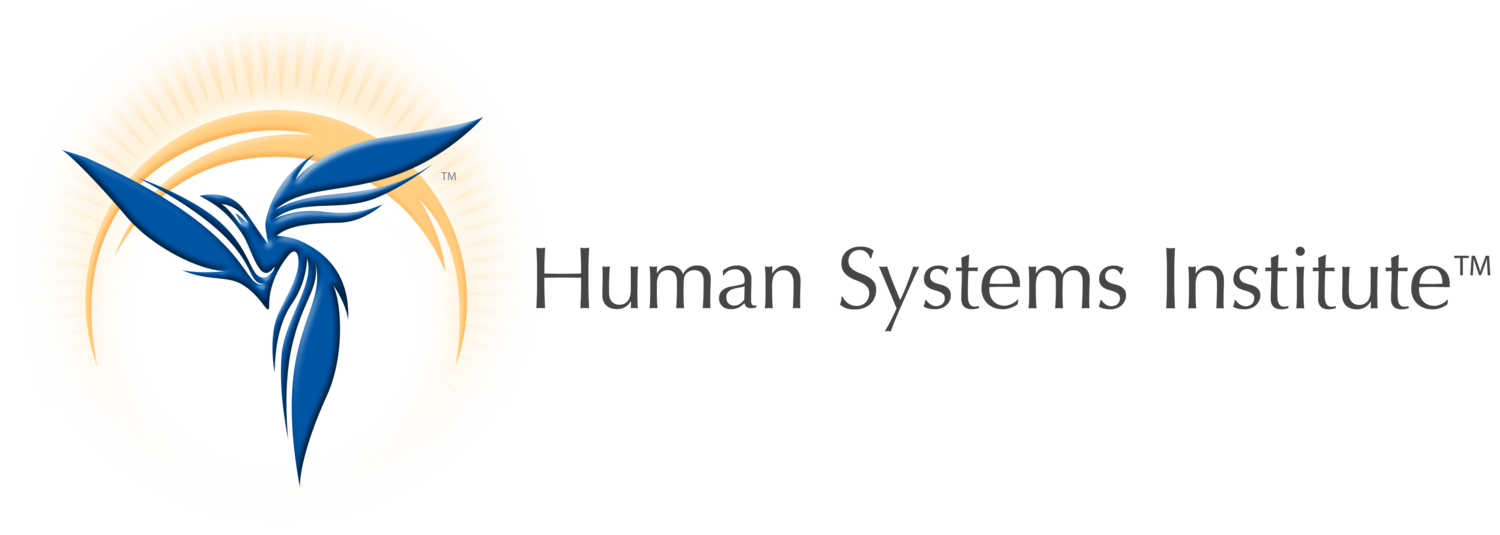Mastery = the methods that make the magic possible
What makes someone a master at what they do? A star basketball player or top gymnast? A so-called "super shrink" who is effective at helping people change? Even someone who is a really good friend? What enables someone to continue to develop and to excel at what they do? When we founded the Human Systems Institute in 1999, we were seeking to foster excellence in facilitating systemic constellations, so this question has interested me for a long time.
Many years ago when I was working in corporate America, I came across the idea of continuous improvement. I met this idea in the form of the Japanese total quality control paradigm. The idea of continuous improvement by attending to and improving the small details that added up to mastery stuck with me.
I recently read an article by Scott Miller, a researcher and practicing clinician who has been in pursuit for decades of the answer to the question, "what makes an effective therapist?". It turns out that the modality or method isn't correlated to consistent effective change for clients. Something else is - the relationship between the client and the therapist. And, it turns out that the skills that create those relationships, known as Facilitative Interpersonal Skills (FIS) do correlate to positive growth and change for clients. The skills listed are:
Verbal fluency
Creating hope & positive expectations
Persuasiveness
Emotional expression
Warmth, acceptance & understanding
Empathy
Alliance bond capacity
Alliance rupture-repair responsiveness
Now looking at this list, you might think these would be something a person was either naturally good at, or not. It turns out these are trainable skills!
Because I love the incredible adaptability and flexibility of constellation work, my approach to the work has been characterized by this notion of continuous improvement. You may have also met this idea in the guise of Deliberate Practice, whether in sports or business fields. As my flute teacher used to say to us when I was in school band, practice makes permanent not perfect. Only perfect practice makes perfect, and who is perfect? Continually refining the micro skills that underlie your craft is the road to expertise.
What does it take to do this? Typically four things.
First, you have to get accurate feedback on your current performance. Feedback from clients for a clinician, feedback from judges in a sporting event like those we will soon see in the upcoming Olympics, for instance.
Second, you need to set appropriate and specific goals in the areas that will yield results. These goals need to be a bit beyond your current level of reliable performance but not so far out of reach as to frustrate you without much success.
Third, you need practice (it is called deliberate practice after all), successive attempts to reach the goal with continuous refinements.
And, to get that, you need the fourth thing, a coach. Someone who has a greater level of mastery than you have and who can teach you how to gain a greater level of mastery yourself.
Deliberate practice is the pathway to mastery, and it's hard to do alone. Having colleagues or a coach makes a huge difference. Having both is even better. I design my courses around these principles because I want participants in our programs to experience continuous improvement and have the satisfaction that comes from increasing mastery. With mastery comes the possibility of creatively using what you've learned.
Whether you want to learn how to be a better partner or friend (check out David Brooks' book, How to Know a Person: the art of seeing others deeply and being deeply seen), a better clinician, healer, or consultant (check out Miller, Hubble & Chow, Better Results: Using deliberate practice to improve therapeutic effectiveness), mastering the skills that add up to mastery is within your grasp.
